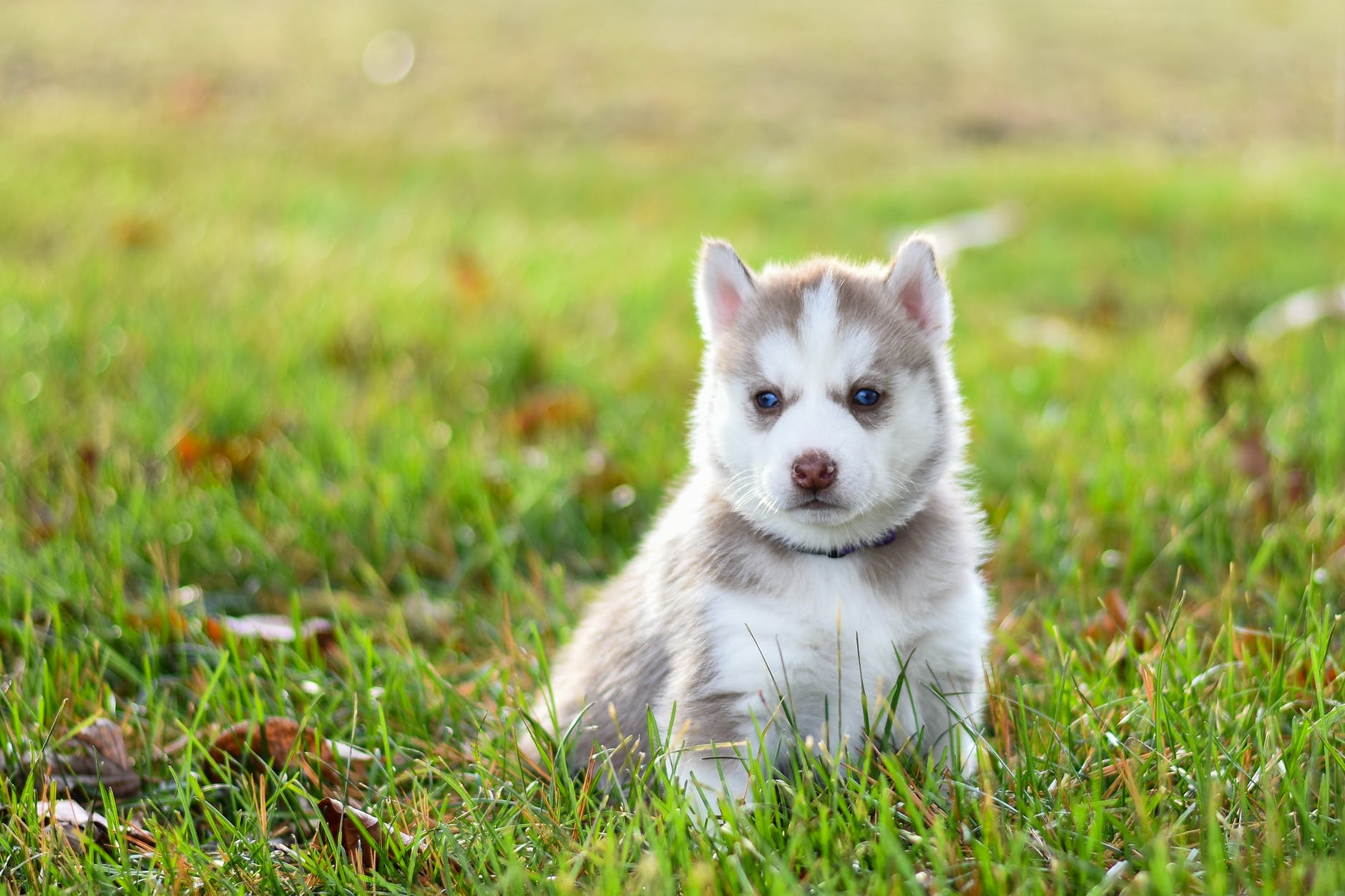As a dedicated dog lover, there are limits to the things you can share with your canine companions. Your hearts, homes, the foot of your beds, and sofas? Sure. However, when it comes to food, lines have to be drawn strictly.
According to My Sweet Puppy, many of our favorite fruits and vegetables can be toxic to pooches. We might be able to digest them just fine, but they can potentially be lethal to a dog.
For this reason, it’s critical to know which human food items are safe to introduce to a dog’s diet and which aren’t. That’s what we’ll look into today as we help you become the best dog parent you can be.
Human Food You Can and Can’t Feed Your Furry Companion
Let’s find out which of these everyday human food items can be digested by your dogs just fine and which can wreak havoc on their bodily systems.
Bread: Can, but It’s Not Recommended
When your dogs approach you at the kitchen table, which is normally a big no-no. We understand that you sometimes can’t help throwing a slice or two of bread at them.
True enough, plain bread in small amounts is fine for dogs. You just want to make sure there aren’t any raisins or spices in them. Those can mess up your canine pal’s digestion.
Generally, bread is harmless to dogs, but it won’t provide any real benefits, either. Sure, it can help them pack on the calories as much as in people, but that’s about it.
If you let your furry friends snack on bread, opt for homemade bread instead of grocery-bought ones. The latter tends to contain unnecessary preservatives, making bread even less beneficial to dogs than it usually is.
That said, you should feed your dogs with bread minimally or as a last resort. For instance, if you just ran out of dog food and a loaf of bread is the only thing available, you can toss them a couple of slices while you make a quick run to the pet store.
Almonds: Can’t
You’d expect feeding dogs almonds would be okay, but it actually isn’t. Dogs’ mouths aren’t made for chewing these hard nuts completely—we’re looking at you too, macadamia.
As a result, the nuts aren’t broken down enough for safe passage through the esophagus. They’ll go down in larger bits with rough edges that could potentially tear the walls of the food and air passages of your canines. Yikes!
You especially want to avoid salted almonds. That is because they increase your pet’s water retention, which can be fatal to heart-disease-prone dogs.
Cashews: Can
Unlike their unyielding cousins, cashews are fine for dogs in moderation. Cashew nuts contain proteins, magnesium, calcium, and antioxidants, which, together, can aid in weight and muscle gain.
That said, despite these nuts’ low-fat content, they’re still associated with fat-related conditions, so you want to keep your reliance on them as a canine snack at a minimum. Their salted versions are also something to avoid because they tend to boost water retention.
Chocolate: Can’t Under Any Circumstances
The chances of this getting debunked is an absolute zero because chocolate is definitely something you should keep your dogs away from. Chocolates are as pleasure-inducing to some people as they are toxic to dogs. That’s because a substance called methylxanthines present in these deep-brown delicacies can halt a canine’s metabolic processes.
Dark chocolate is especially dangerous to a pup with its vomit- and diarrhea-inducing qualities. In large quantities, it can cause seizures, stroke, and even death.
If you have dogs indoors, make sure to never place chocolate in locations they can access. If your pooch accidentally ingests chocolate, bring them to the vet immediately.
Cinnamon: Can’t
Cinnamon might not actually be toxic to a dog’s system, but it can lead to a host of other complications when ingested by your canines. It contains oils that can mess up a dog’s mouth, making it sick and uncomfortable.
It can also cause hypoglycemia or a lowering of the blood sugar levels in dogs, resulting in vomiting, erratic heart rates, liver complications, and diarrhea. Even inhaling cinnamon powder can complicate a dog’s breathing and cause choking and coughing episodes.
Coconut: Can
This tropical fruit is as healthy for us humans as it is for our four-legged companions. It has bacteria- and virus-combating qualities and can even provide a significant hygiene boost.
Coconuts can help reduce bad breath and treat flea allergies, itchy skin, and hot spots. Just make sure the fibrous outer shell doesn’t end up in your dog’s mouth since it could end up getting stuck in their throat.
Being a Dog Parent Takes Work
This list of safe human food items for dogs barely covers the tip of the iceberg. However, it gives an idea of the kind of care dog parents should exercise when feeding their canine pals.
You especially need to take extra caution when feeding sensitive breeds with high-maintenance diets. That said, there are no lengths a dedicated dog owner won’t go to provide the best life for their furry companion.

